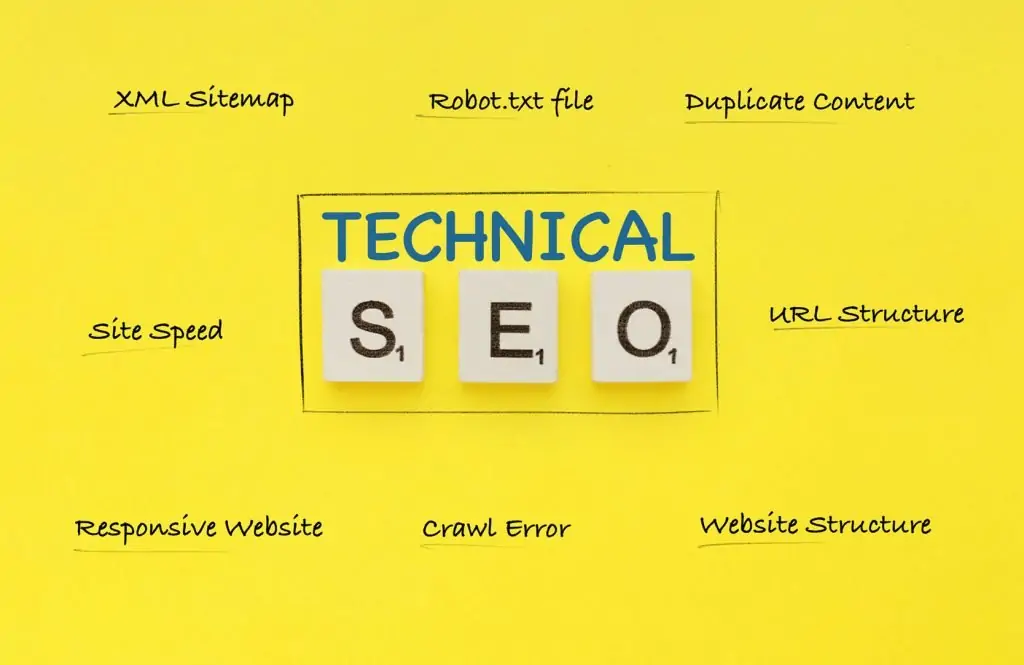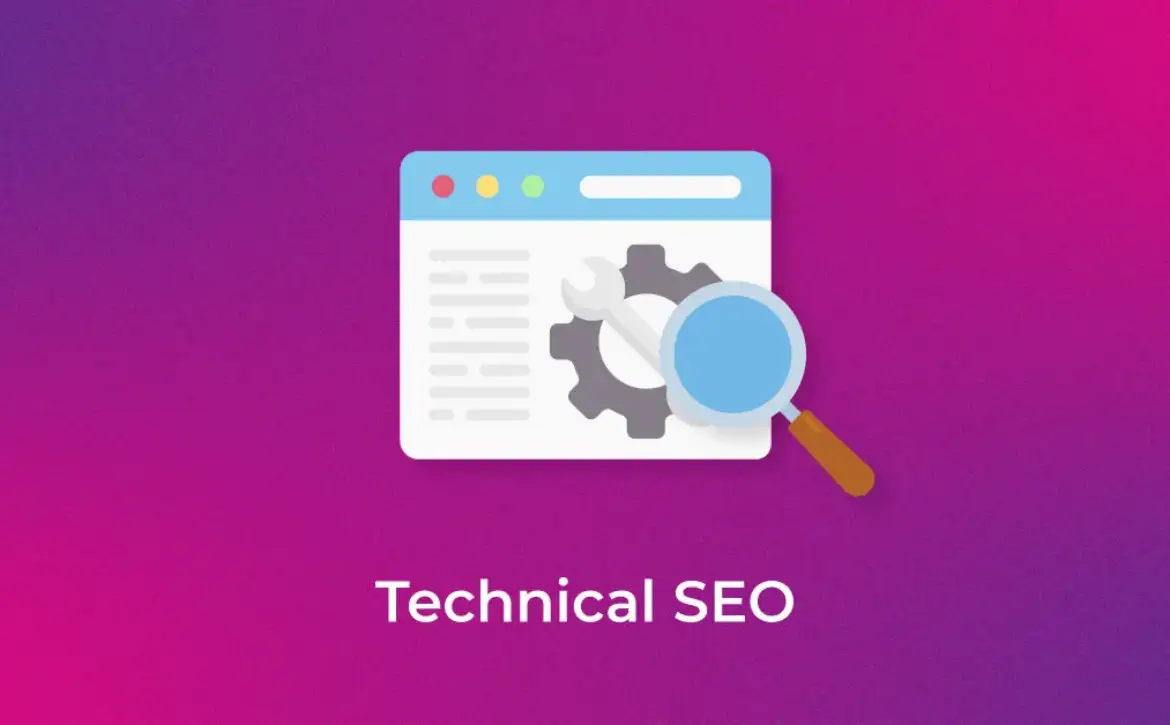Boosting Website Performance Through Technical SEO
In the intricate realm of digital marketing, the intricate interplay of elements significantly influences a website’s visibility and success. While content and keywords play pivotal roles in Search Engine Optimization (SEO), the often overlooked facet of technical aspects of Search Engine Optimization, holds equal importance in dictating a website’s performance. The comprehensive guide delves into the nuances of technical SEO, dissecting its key components and elucidating its profound impact on a website’s overall health and success.
Understanding Technical SEO:
SEO (Technical) is a multifaceted discipline that revolves around optimizing the technical aspects of a website to bolster its search engine visibility. It is not concerned with content creation but rather with the meticulous fine-tuning of behind-the-scenes elements that collectively shape a website’s overall functionality and performance.
“Technical SEO is the untold hero in the arena of online presence, as it empowers websites to speak the language of search engines, fostering a symbiotic relationship for success.”
Co-founder of Moz, Rand Fishkin
Website Speed and Performance:
The loading speed of a website is a critical factor considered by search engines. Users demand swift access to information, and search engines reward sites that offer a seamless browsing experience. Optimizing images, leveraging browser caching, and minimizing server response time are pivotal steps in augmenting website speed.
Mobile Optimization:
In response to the proliferation of mobile devices, search engines have adopted a mobile-first indexing approach. Websites that could be optimized for mobile devices may witness a decline in search engine rankings. Implementing responsive design, optimizing images for mobile, and ensuring a mobile-friendly user interface are imperative for success in mobile search results.
Crawlability and Indexability:
Search engine crawlers navigate and index web pages, making it essential to ensure their unfettered access to a site’s content. The robots.txt file and XML sitemap play pivotal roles in guiding search engine bots through a website efficiently.
The art of (technical) SEO is in turning a website into a work of search engine optimization, creating the digital landscape that allows brands to thrive in the digital sphere.”
– International SEO Consultant and Speaker Aleyda Solis

Website Structure and URL Optimization:
An organized website structure and clean URL hierarchy enhance user experience and aid search engines in comprehending content. Descriptive and user-friendly URLs not only contribute to SEO but also improve overall site navigability.
Canonicalization:
By identifying a page’s preferred version, canonical tags help avoid duplicate content problems. This is particularly crucial for expansive websites featuring similar or identical content on multiple pages, ensuring that search engines index the intended version of a page.
SSL Certificate and Website Security:
Website security, including possessing a valid SSL certificate, is recognized as a ranking factor by search engines. Beyond securing user data, having HTTPS establishes trust and positively influences search engine rankings.
Structured Data Markup:
Utilizing structured data through schemas like Schema.org provides additional context to search engines about a page’s content. Rich snippets, incorporating elements such as star ratings, product prices, and event details, enhance search result appearances and positively impact click-through rates.

Page Speed Insights and Core Web Vitals:
Metrics provided by tools like Google’s Page Speed Insights and Core Web Vitals offer valuable insights into a website’s performance. Addressing aspects such as Largest Contentful Paint (LCP), Cumulative Layout Shift (CLS), and First Input Delay (FID) aids in identifying and rectifying issues that may impede user experience.
In the intricate landscape of digital marketing, the interplay of elements significantly shapes a website’s visibility and success. While content and keywords hold pivotal roles in Search Engines, the Technical role of SEO emerges as an equally crucial, albeit often overlooked, aspect. This exploration into the intricacies of SEO technicalities has unveiled its multifaceted discipline, focusing on the meticulous optimization of a website’s technical aspects for enhanced search engine visibility.
Key components like website speed and mobile optimization underscore the critical need for a seamless user experience. Ensuring crawlability, structuring the website effectively, and employing canonicalization tactics prevent issues like duplicate content, contributing to search engines indexing the desired pages. Embracing SSL certificates and secure connections, alongside utilizing structured data markup, not only fortifies website security but also enriches search results.
Insights from tools like Google’s Page Speed Insights and Core Web Vitals provide valuable metrics, guiding the identification and rectification of issues that may impede user experience. This holistic approach to technical SEO offers website owners a strategic roadmap to navigate the complexities of the digital landscape, fostering sustained visibility and success in search engine rankings.


